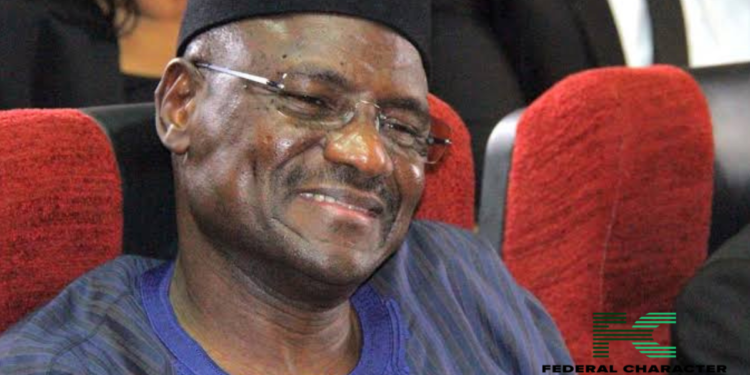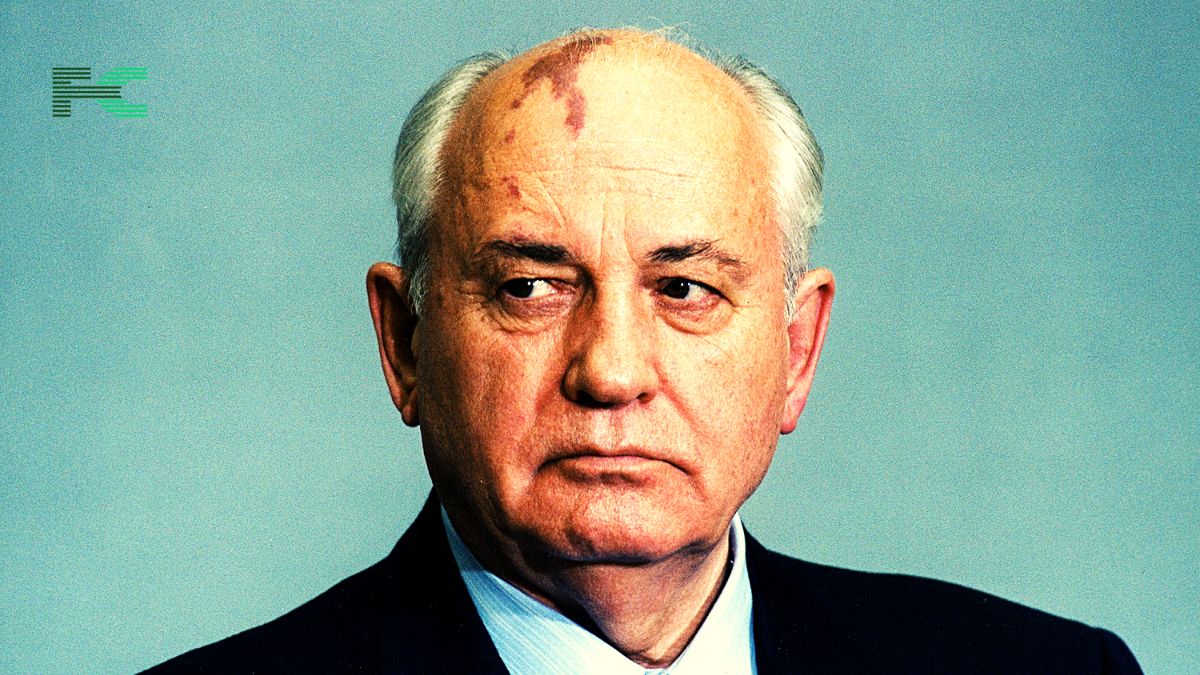A Nigerian court has thrown out a massive fraud case against a former Air Force chief and two other officers, sparking outrage and raising questions about accountability and justice in the country.
The High Court in Lagos ruled that the Economic and Financial Crimes Commission (EFCC) lacked jurisdiction to try the accused, citing their status as serving military officers at the time of the alleged offenses. This decision has left many Nigerians scratching their heads, wondering if powerful figures are truly above the law.
The case involved Air Marshal Adesola Amosu, who was accused of embezzling a staggering N22.8 billion (around $50 million) during his tenure as Chief of Air Staff. The prosecution alleged that Amosu, along with his co-defendants, diverted public funds for personal gain through a network of companies.
However, the court ruled that the EFCC could not prosecute the accused because military personnel fall under a different legal framework. This technicality has sparked heated debate, with many questioning why military officers should be exempt from civilian courts when accused of financial crimes.

Critics argue that this ruling weakens the fight against corruption in Nigeria, a country notorious for graft. They point out that while ordinary citizens face harsh penalties for even petty theft, high-ranking officials seem to enjoy impunity.
The case has also highlighted concerns about the effectiveness of the EFCC, the agency tasked with tackling financial crime. Despite years of investigation and prosecution, the agency has often been criticized for its uneven record, with many high-profile cases ending in acquittals.
The court’s decision in the Amosu case is likely to have far-reaching consequences. It could embolden other powerful individuals to engage in corrupt activities, knowing they may face little to no legal repercussions.
However, the debate is far from over. Nigerians are demanding greater accountability from their leaders, and the pressure for reform is unlikely to dissipate. Only time will tell if this case will be a setback or a catalyst for positive change in the fight against corruption.

















